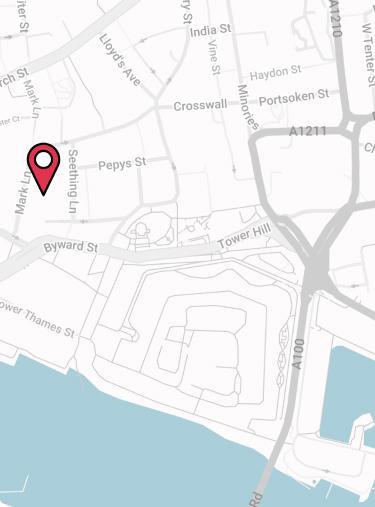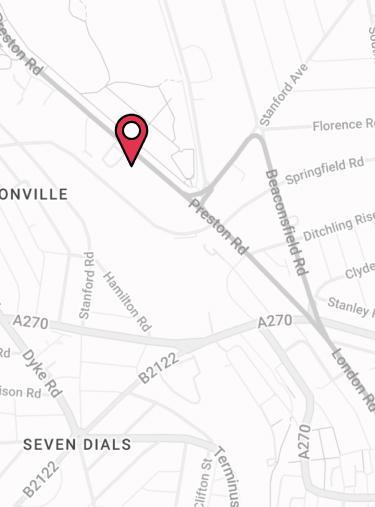Income Protection Providers Need to Allow Extra Cover for Pension Contributions
With the majority of mainstream income protection insurers it is only possible to cover 50-60% of gross annual income. This amount is often just enough to cover a client’s essential monthly outgoings but generally doesn’t leave enough room to cover the pension contributions a client would still need to make during incapacity in order to survive financially during retirement.
Drewberry suggests that insurers provide an option to cover a specified pension contribution when setting up new income protection plans, in addition to the usual 50-60% for lifestyle protection.
50 – 60% of gross income is usually only enough to cover the bare essentials
When setting up income protection it is only possible to cover 50 to 60% of gross income with most providers. As an income protection benefit is paid tax free, providers don’t allow policyholders to cover 100% of income in order to avoid situations where a client is better off out of work than in work.
The problem is that even with income protection covering the maximum allowable (50-60% of gross income) clients still face a significant reduction in take home pay, especially for basic rate taxpayers.
In the example below, with an insurer that only allows a client to insure up to 55% of their gross income (which is the case with four major IP insurers), for someone earning £35,000 per annum claiming on their income protection plan would result in a 29% fall in take home pay relative to their normal working wage (amounting to £643 per month). The reduction in take home pay would be 20% for someone earning £70,000 per annum.
Significant loss in take home pay with income protection
Gross Annual Income | £35,000 | £70,000 |
|---|---|---|
Monthly gross income | £2,916 | £5,833 |
Monthly net income | £2,247 | £4,005 |
Maximum cover (@55%) | £1,604 | £3,208 |
Reduction in take home pay | £643
| £797
|
Percentage reduction | -29%
| -20%
|
Such large reductions in take home pay mean that it is often only possible to cover a client’s essential outgoings – such as their mortgage/rent, council tax, utility bills, food, travel and childcare costs etc, with very little room for other outgoings, such as pension contributions.
Incapacitated in working life and broke in retirement
If someone suffers a long period of incapacity and has income protection then they will be able to pay for all their essential outgoings but it is unlikely they will be able to save enough for retirement, especially with such a large fall in take home pay whilst claiming income protection benefit.
For example, for someone on £36,000 per annum a sensible total pension contribution would need to be around 10% of annual income. This amounts to £300 a month and this extra amount would often be difficult to cover in full with income protection given the current cover/income limits.
Without being able to save sufficiently for older age it is likely that someone who needs to claim long-term on their income protection policy could face a life of poverty when the policy term ends and payment stop.
Missed pension contributions can amount to tens of thousands
Even five years of missed pension contributions can amount to a significant amount in lost pension savings come retirement.
For example, assuming a net investment growth rate of 5% per annum, if someone missed being able to contribute £300 per month in the 5 years before retirement this could amount to lost retirement savings of around £20,000.
Savings lowered by | |
|---|---|
5 years | £20,000 |
10 years | £46,000 |
15 years | £80,000 |
20 years | £124,000 |
If someone needed make a long-term income protection claim and missed being able to afford pension contributions of £300 per month for 20 years before retirement, they could have a staggering £124,000 less in their pension pot to fund retirement.

Whether a client is working or claiming on their income protection policy there is still a huge need for them to be able to save sufficiently for retirement.
For someone that may never be able to go back to work, income protection is their financial lifeline, but what do they do after the policy term ends and their benefit payments stop? Their bills certainly don’t stop coming in.
If income protection providers allowed an additional amount of cover for pension contributions then someone who’s unfortunate enough to become long-term incapacitated would still be able to fund life after their income protection policy ends.
Tom Conner
Director at Drewberry
Contact Us
125-135 Preston Road
Brighton
BN1 6AF
Cookies
Drewberry™ uses cookies to offer you the best experience online. By continuing to use our website you agree to the use of cookies including for ad personalization.
If you would like to know more about cookies and how to manage them please view our privacy & cookie policy.









